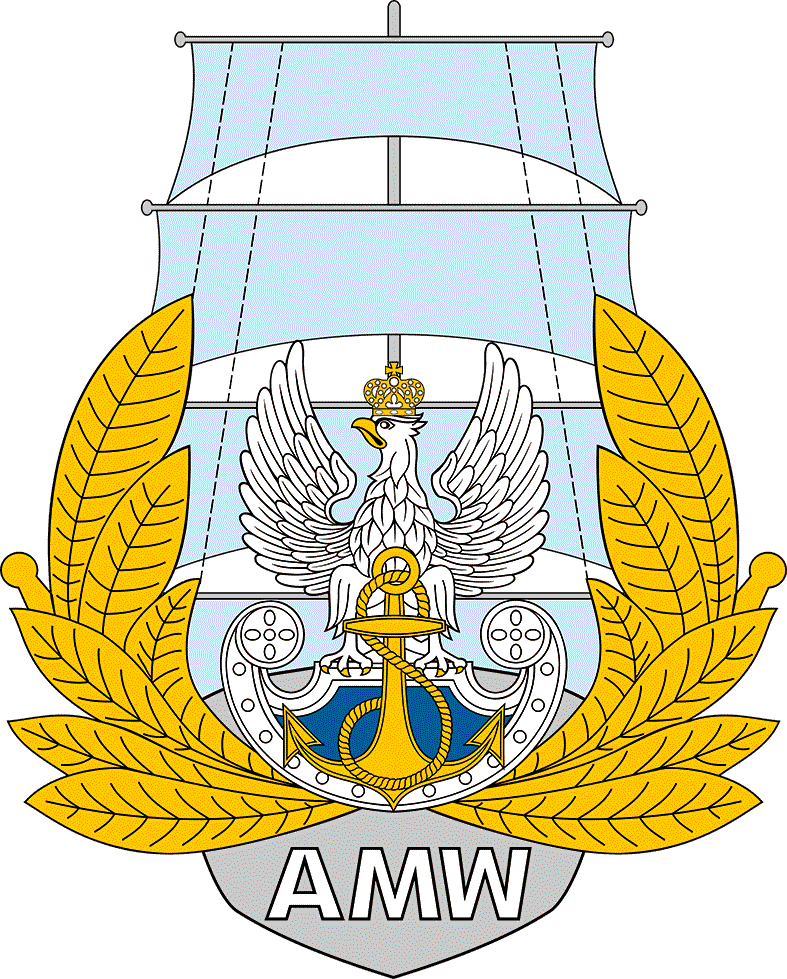NATALITY AT RISK? RAISING DOUBTS ON THE EDUCATIONAL IMPORTANCE OF ChatGPT
DOI:
https://doi.org/10.34813/13coll2024Keywords:
digital tools, education, Hannah Arendt, ChatGPTAbstract
Digital tools are part of our daily life. Thus, they also enter educational contexts. With reference to Hannah Arendt’s writings this paper explores if, and to what extent, digital tools can be considered to be helpful and desirable in education. For this exploration the paper is divided into three parts. In the first part Arendt’s distinction between three human activities and her concepts of animal laborans and homo faber are transferred to educational contexts. The second part connects these concepts to different ideas of educational theory and their consequences for teacher education. Finally, the last part reflects on the risks and potentialities of digital tools in education by taking a closer look at the discussion around ChatGPT and its claimed values for teachers.
References
Arendt, H. (1958a/2006). The Crisis in Education. Between Past and Future. Penguin.
Arendt, H. (1958b/1998). The Human Condition. Chicago University Press.
Arendt, H. (1959). Reflections on Little Rock. Dissent.
Arendt, H. (1982/1992). Lectures on Kant’s Political Philosophy. Chicago University Press. https://doi.org/10.7208/chicago/9780226231785.001.0001
Ausat, A. M. A., Massang, B., Efendi, M., Nofirman, N. & Riady, Y. (2023). Can ChatGPT Replace the Role of the Teacher in the Classroom: A Fundamental Analysis. Journal on Education, 5(4), 16100–16106. https://jonedu.org/index.php/joe/article/view/2745
Bergius, R. (2017). Behaviorismus. In J. Ritter, K. Gründer, G. Gabriel (Eds.), Historisches Wörterbuch der Philosophie. Onlineversion 2017. Schwabe AG Verlag. https://doi.org/10.24894/hwph.424
DitchThatTextbook. (2022). ChatGPT, Chatbots and Artificial Intelligence in Education. 17.12.2022. https://ditchthattextbook.com/ai/#t-1671292150924
Freire, P. (1970/2005): Pedagogy of the Oppressed. Continuum.
Gulson, K. N., Sellar, S., Webb, P. T. (2022): Algorithms of Education. How Datafication and Artificial Intelligence Shape Policy. University of Minnesota Press. https://doi.org/10.5749/9781452968797
Kasneci, E., Sessler, K., Küchemann, S., Bannert, M., Dementieva, D., Fischer, F., Gasser, U., Groh, G., Günnemann, S., Hüllermeier, E., Krusche, S., Kutyniok, G., Michaeli, T., Nerdel, C., Pfeffer, J., Poquet, O., Sailer, M., Schmidt, A., Seidel, T., Kasneci, G. (2023). ChatGPT for good? On opportunities and challenges of large language models for education. Learning and Individual Differences, 103. https://doi.org/10.1016/j.lindif.2023.102274
Lopez, P. (2023): ChatGPT und der Unterschied zwischen Form und Inhalt. Merkur, 77(891), 15–27.
Marx, K. (1844/2022). Ökonomisch-philosophische Manuskripte. Mit einem Kommentar von Michael Quante. Suhrkamp.
Roose, K. (2023, January 12). Don’t Ban ChatGPT in Schools. Teach With It. The New York Times, 12.01.2023. https://www.nytimes.com/2023/01/12/technology/chatgpt-schools-teachers.html
[SWK] Ständige Wissenschaftliche Kommission der Kultusministerkonferenz. (2024). Large Language Models und ihre Potenziale im Bildungssystem. Impulspapier der Ständigen Wissenschaftlichen Kommission der Kultusministerkonferenz. SWK. https://www.pedocs.de/volltexte/2024/28303/pdf/SWK_2024_Large_Language_Models.pdf (access: 11.03.24).
Vlieghe, J., Zamojski, P. (2019). Towards an Ontology of Teaching. Thing-centred Pedagogy, Affirmation and Love for the World. Springer. https://doi.org/10.1007/978-3-030-16003-6
Zamojski, P. (2015): Philosophy for Education – an attempt at exercise in thought. Kwartalnik Pedagogiczny, 1(235), 127–151.
Downloads
Published
Issue
Section
License
Copyright (c) 2024 Pia Rojahn

This work is licensed under a Creative Commons Attribution-NonCommercial-NoDerivatives 4.0 International License.






